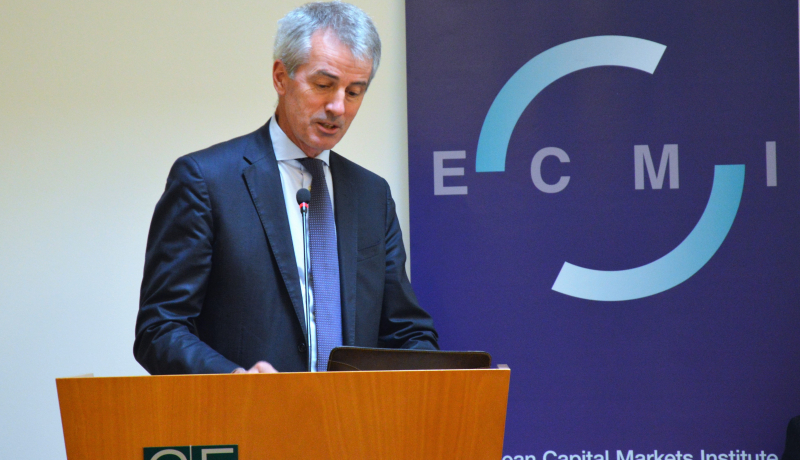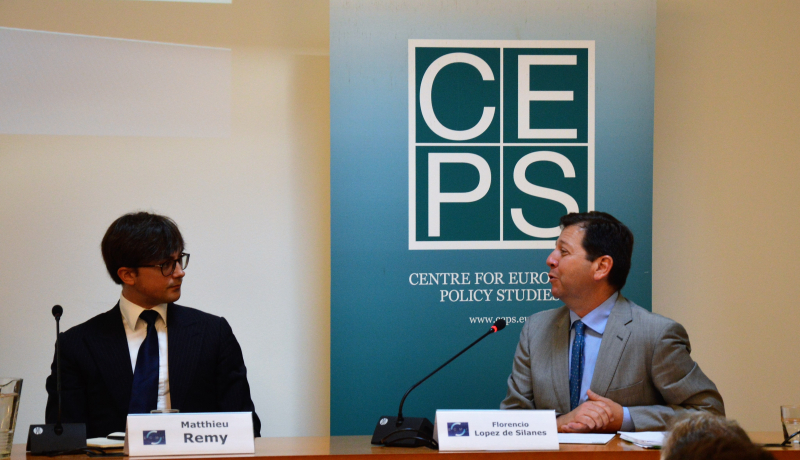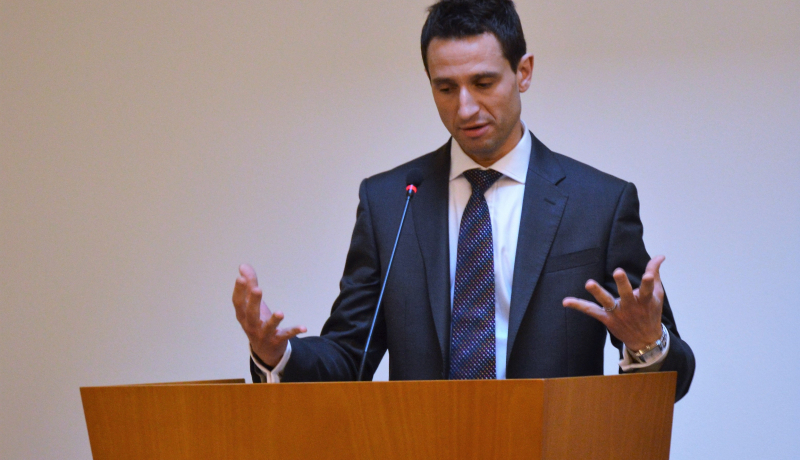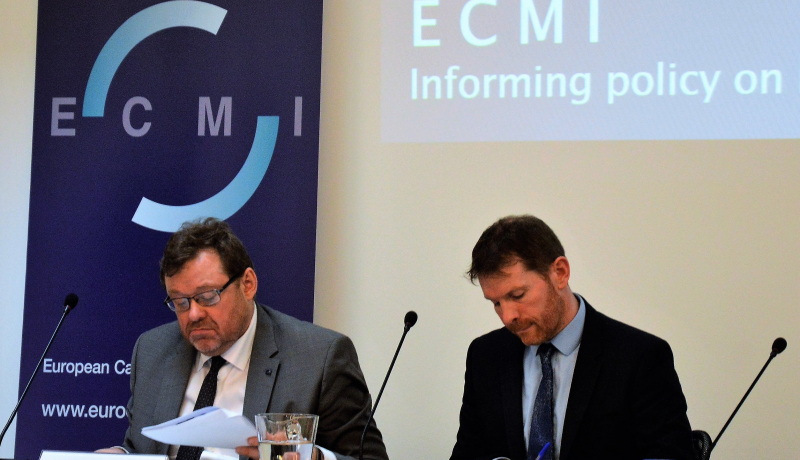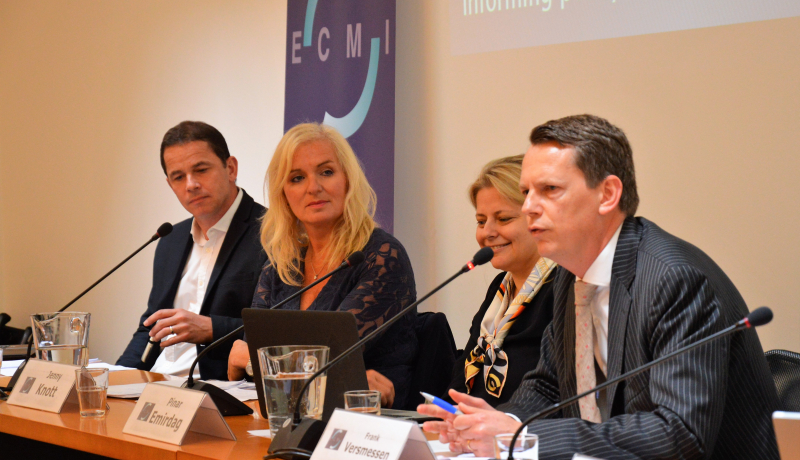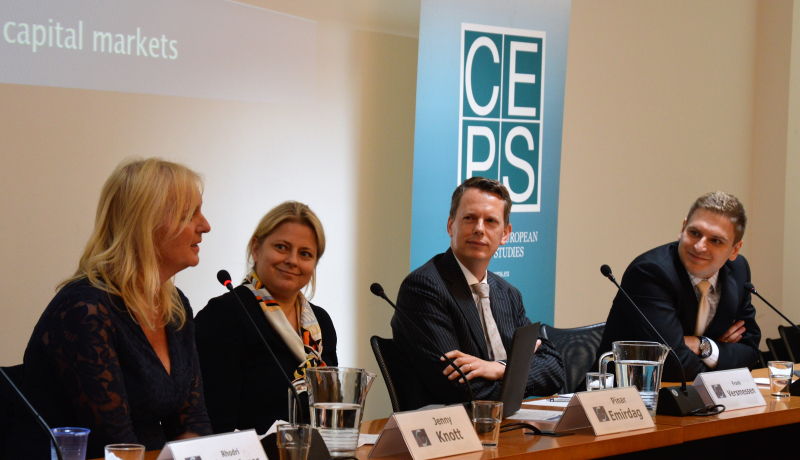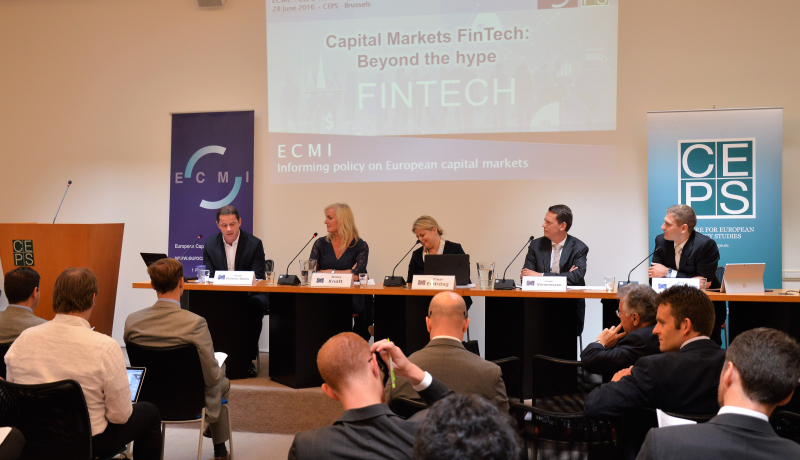Capital Markets FinTech: Beyond the hype
Agenda
09:00 Opening keynote by Jean-Paul Servais, Chairman, FSMA and Chairman of ERC, IOSCO
09:30 Session 1. Applications of financial services technology (FinTech) to investment services: Product manufacturing, distribution channels and advisory services
The financial sector is no stranger to innovation. Nevertheless, over the past few years, the exponential growth of FinTech companies suggests that more disruptive changes will be required in order to bring the financial system fully into the 21st century. Providers of investment services have begun to revisit their product portfolios and distribution channels, making massive investments in FinTech start-ups, accelerator/incubator programmes and even appointing chief innovation officers. Big data-driven intelligence powered by algorithms is improving the understanding of investors’ needs and market offerings, gradually leading to more competitive pricing of financial services. These developments aim at giving greater choice (of both complex and non-complex products) and accessibility, with lower costs and reasonable returns. For example, robo-advisers have already entered the market, but are mostly based on exchange-traded funds (ETFs), due to their simplicity and flexibility. A growing number of online platforms offer investors access to a wide range of product manufacturers but not yet on a pan-European basis.
- Will FinTech companies succeed in enabling more investors to access financial products and services and increase their participation in financial markets?
- Will automated investment advice replace the traditional ‘human’ professional advice?
- Can the emergence of new technologies drive further competition between product manufacturers and distributors and improve cross-border access to retail financial products and services?
- Are the current retail distribution channels, i.e. closed versus open architecture, allowing for new technological changes to develop?
- Are some FinTech developments in investment services likely to create market failures? Or can they be entirely left to competitive market forces?
Panellists
- Rhodri Preece, Head of Capital Markets Policy, CFA Institute
- Jeff Salway, Member, Financial Services Consumer Panel
- Matthieu Remy, Founder & CEO, Easyvest
- Jean-Paul Servais, Chairman, FSMA and Chairman of ERC, IOSCO
Moderator: Florencio Lopez de Silanes, Professor of Finance and Law and Director of Governance Research Program, EDHEC Business School
11:00 Coffee break
11:30 Session 2. Distributed ledger technology: The impact on securities transaction lifecycle and value chain
Distributed ledger technology (DLT) has the potential to bring issuers and investors into direct contact, leading to further disintermediation in the securities industry. It can achieve greater efficiency, transparency and even ‘democratisation’ of finance (financial inclusion). Trading and post-trading operators have already started to test blockchain technologies and to integrate them into their business models. Potential savings for investors could be significant. Clearing, settlement and other post-trade processes currently cost the global financial industry well in excess of €50 billion per year. DLT can result in nearly instantaneous clearing and settlement upon trade execution. Questions emerge, however, around the robustness of the underlying technology, i.e. its ability to handle large transaction volumes, but also security issues and the governance of a technology that should ensure interoperability and the possibility to be scrutinised by public authorities. Collateral management, record of ownership and securities servicing are also other areas where the technology is most likely to bring useful changes.
- What are costs and benefits of DLT? Would DLT deliver on multiple objectives, e.g. investor protection, market integrity and financial stability?
- Is a gradual or even full-scale deployment of DLT feasible? Is there a need for common standards/protocols and stricter requirements to access the network?
- What is the impact of DLT on incumbents, such as banks and investment firms, exchanges, CCPs, CSDs, custodians, etc.?
- Will the infrastructure based on DLT co-exist with the legacy infrastructure? How will these two systems be interoperable?
- Should these new infrastructures operate under two different legal regimes?
Panellists
- Jenny Knott, Chief Executive Officer, Post Trade Risk and Information, ICAP
- Pinar Emirdag, Non-Executive Director, Clearmatics
- Frank Versmessen, Head of Regulatory Affairs, SWIFT
- Rhodri Preece-Jones, Head of European Development, Nasdaq
Moderator: Svi Rosov, Analyst, CFA Institute
Registration
- Registration is free of charge for ECMI/CEPS members, EU/national officials, full-time academics, PhD students (subject to seats availability), NGOs (not representing industry sectors or a commercial interest) and press
- Other participants may be admitted for €250 (VAT included, payable in advance or at the registration desk)
- Live stream link is available for ECMI/CEPS members (please indicate in the registration form that you would like to receive the link on the day of the event).

